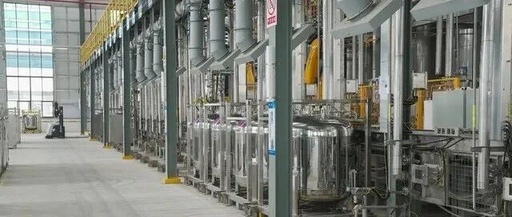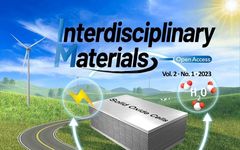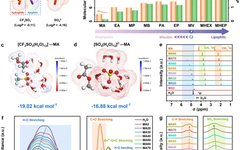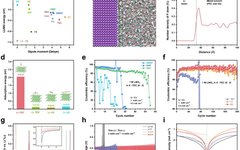Analysis of Medical Insurance Violations and Controversies Related to Blood Gas Analysis
Blood gas analysis is one of the widely used testing items in clinical practice, effectively assisting doctors in studying the condition, differential diagnosis, monitoring treatment efficacy, and postoperative evaluation. Blood gas analysis is a method that uses a blood gas analyzer to measure the H+ concentration in human blood and the gases dissolved in the … Read more







